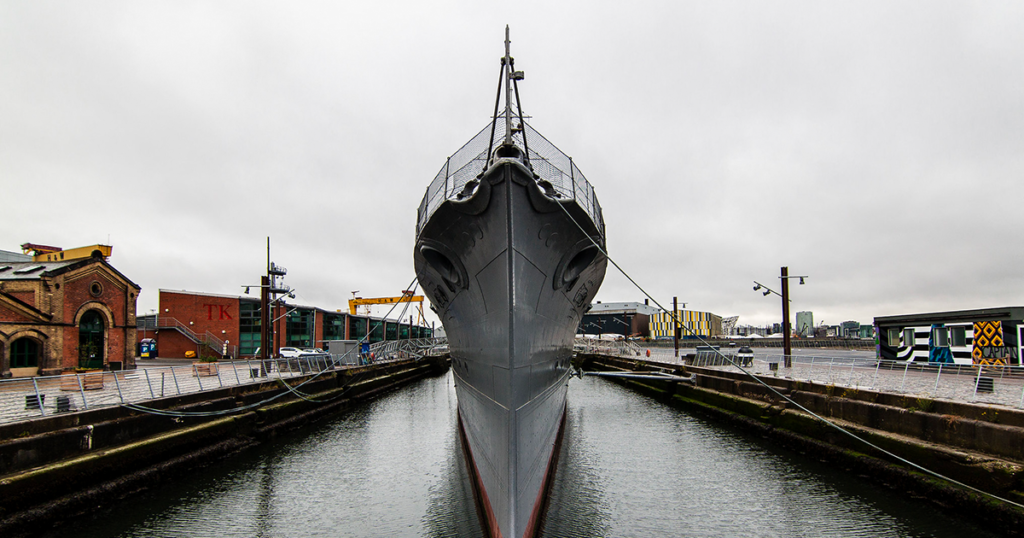
During most of the fall up until Christmas, Gijón, like the other two big cities in Asturias, was closed, residents not allowed out and outsiders not allowed in, except for work. During the holidays, that restriction was lifted, and when classes met again after the break, I asked my students if they’d gone anywhere. In my upper intermediate class of high schoolers, not a student had left the city. Nor had I, I admitted.
Then I reminded them of an article they’d read before the Christmas break. It was about how to get on a quiz show, as told by the daughter of a contestant. “Who remembers the article?” I asked. I have often been impressed at how sharp my students’ memories are, and I expected someone to answer. But no one spoke. I fed the students a few details, but still no reaction. “Does any of this ring a bell?” I asked and got only some head shakes. What about those fantastic agile brains, those young memories, where were they now? But I couldn’t gloat—they forget details that are of no interest to them, whereas I often forget despite desperately wanting to remember.
So, though I had planned for the students to recap the article, I had to instead. No matter! On we went. I told them to imagine that they had won a similar contest, and the prize was a trip somewhere. Anywhere they wanted. Where would they go? I instructed them to pick a destination and then pair up to describe the place and give a reason for their choice. Afterward, I asked them to report back to the class on their partner’s choice, using one of the verbs of attribution we had previously listed on the board: say, tell, warn, admit, and so on. Most played it safe with said, but a few were bolder. One said stated, one used suggested. I learned that one of the students would go to an island resort to lie in the sun and do nothing all day. That surprised me because I had been thinking of the trip as an adventure and thought the students would too after these months confined to the city. I might have chosen the Scandinavian countries or perhaps Ireland. North. Maybe Alaska. Tromp around, collect nuggets of experience, see something new after months stuck in Gijón. But not a beach to lie on and do nothing.
Another student would go to Japan, the class heard, because he was interested in other cultures and that was one he’d like to explore. Another to Greece because she was studying Greek. One to LA because the world’s best restaurant was there, and she wanted to try it. We talked briefly about the difference between saying you want something and saying you would like it. Another student would choose a trip to Mumbai, also giving a restaurant as the motivation. Then the friendliest student in the class, a girl, reported on the best student, a boy. I was curious because I’d noticed them speaking during the exercise, not cursorily but with engagement, just as they had another day with an exercise in pairs to compare a series of adjectives that were synonyms, some neutral, some negative, some positive. They had deliberated over the meanings, considered different scenarios when one word would be appropriate, but another not, and thus made of my five-minute exercise an interesting 15-minute discussion. I had watched them that day with pleasure: they half turned to each other, shifting occasionally in their seats, leaning back, unhurried, comfortable. And now, with the same degree of ease, they had addressed the question of where to go on their imaginary prize trip. Another student had chosen Rome. Why Rome, I’d asked, and she’d shrugged in answer and said, “Why not?” But here were these two, not randomly choosing a location but giving it thought, as if they really had a choice to make and it really mattered.
He would go to the Antarctic because it must be a very interesting place. He’d read of a hotel there made of ice or glass, and he’d like to see what staying in it was like. When I looked up ice hotel later, I found none in Antarctica but several in northern regions of the world. North, out, away—so many possibilities. The world was waiting, a bonanza for the finding.
I had been tired the day of that earlier exercise and instead of circling the room and leaning in toward the pairs, listening for errors to correct, I’d sat at my desk, lolling in my seat, looking around, just relaxing, just enjoying, making no particular effort to get the most out of the occasion by catching their words or remembering the snatches I heard. I was on my own sunny island, and it was good.
To no one’s surprise and it seems no one’s consternation, the city was again on lockdown by the last week of January, after about a month of freedom, making us all prisoners in our city, on our own islands.

